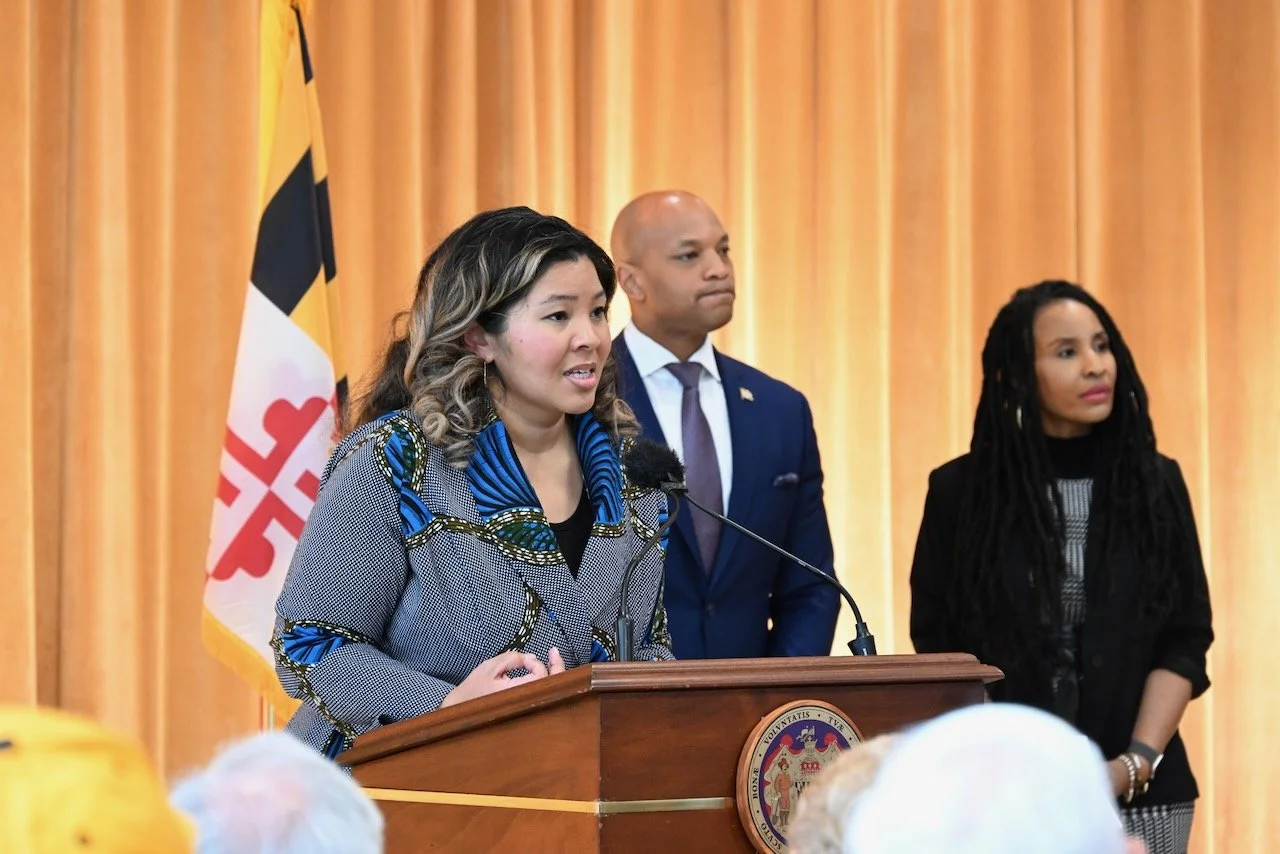Dr. Jocelyn Fitzgerald of Magee-Womens is helping to close the gender gap in medicine
Dr. Jocelyn Fitzgerald spent her pre-med days in college researching menopause. While her fellow students were choosing more traditional fields, she was drawn to this under-researched area of medicine because she saw the wide implications of a condition that affects half of the population when they are at, what Fitzgerald calls, “the peak of their influence in terms of money and in terms of social capital.”
Seeing the ripple effects on women’s lives, Fitzgerald ultimately became a urogynecologist—a relatively new specialty in medicine that combines urology and gynecology and focuses on female pelvic medicine and reconstructive surgery. The medical community now acknowledges that menopause can cause issues like pelvic floor dysfunction, incontinence, and prolapse, which may affect not only a woman’s quality of life, but also her job performance and even her confidence.
Urogynecology is an essential specialty for women’s health, which was once marginalized as “bikini medicine,” involving only what’s under bikinis, but is now understood to encompass all organ systems. Despite so much growth in the field, there are far too few urogynecologists to meet patient needs. “In the U.S., we train approximately one per state per year,” Fitzgerald said. Magee currently has an almost 1000-person waitlist to visit a urogynecologist.
After medical school at the University of Pittsburgh, residency at Johns Hopkins, and a fellowship at Georgetown, Fitzgerald returned home to Pittsburgh to join the Magee-Womens Research Institute—the first and one of the largest research institutions dedicated to women’s health in the U.S. Magee researchers are aligned with the University of Pittsburgh Medical Center (UPMC) to lead the charge in closing the gender gap in medicine. Their research informs women’s health all over the world, from infancy to advanced age, from reproductive health to infectious diseases and women’s cancers.
According to Fitzgerald, one of the origins of this gender gap is women’s historic exclusion from research studies. “It was felt as though the hormonal fluctuation of the menstrual cycle made it ‘too complicated’ or ‘too variable’ to have women in the hospital,” she said. Medicine now understands that “sex is a variable that has its own implications for brain health, bone health, heart health, and musculoskeletal health,” a fact that was only recently recognized by the NIH in 2016.
It’s no surprise that decades of exclusion of women from medical research has had profound effects on women’s health. Research informs medicine’s understanding of illnesses, gives greater visibility to illnesses so that doctors are more likely to recognize and provide diagnoses to patients, and opens new avenues of treatment. Gender disparities in research create gender disparities in healthcare.
“The beauty of Magee is that there were some really forward-thinking people in the early ’90s who questioned, how can we protect our patient population and what can we do to advance the research? And that’s why they founded the Magee-Womens Research Institute,” Fitzgerald explained.
But Magee’s leadership comes from more than experience over time. One major factor is the Institute’s partnership with the UPMC Magee-Womens Hospital. “We are able to prioritize women’s health surgeries and women’s health care because of the hospital’s infrastructure, which includes things like adequate equipment and specialty teams particular to these services, that other hospitals aren’t necessarily able to do,” she said.
Magee is equally defined by its people. “Everyone here is collaborative. They’re very mission driven,” Fitzgerald said. As an advocate for women’s health with a well-informed understanding of medicine’s structures, it’s clear Fitzgerald is the kind of doctor a patient would dream of—engaged, thorough, considered, passionate—and a representation of the kind of doctors who define Magee’s work.
Likewise, as an independent entity, Magee-Womens Research Institute is able to attract diverse funding sources. With less bureaucracy, they can do more research at a quicker rate. Their model is primed to take advantage of the White House Initiative for Women’s Health Research, a new federal commitment toward women’s health funding that centers public-private partnerships, which Fitzgerald calls “game-changing in ways we cannot possibly understand.”
With the White House Initiative’s first deliverable of 100 million dollars announced in February, women’s health has achieved newfound visibility and is set to grow exponentially. Though women are still in the minority of physicians, there are now more women than men in medical school. This will create better representation across all specialties and especially in those that may attract more women than men like urogynecology.
Looking ahead, Magee is set to delve further into their existing areas of research like women’s cancers, regenerative medicine in the pelvic floor both related and unrelated to pregnancy, and endometriosis, while also expanding their scope to reflect the breadth of women’s health like cardiac health, Alzheimer’s, and a multi-disciplinary program in women’s bone and joint health.
“We’re getting there,” Fitzgerald said. “There’s a lot to do.”




